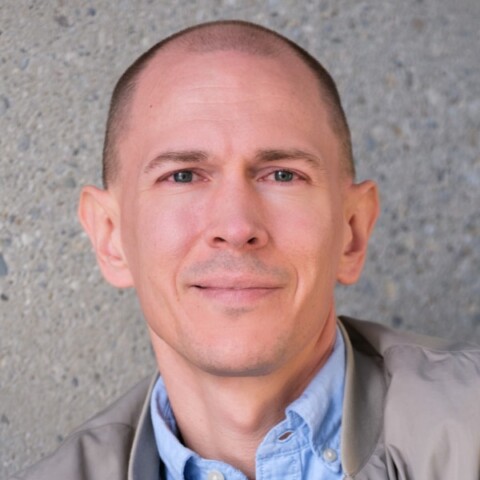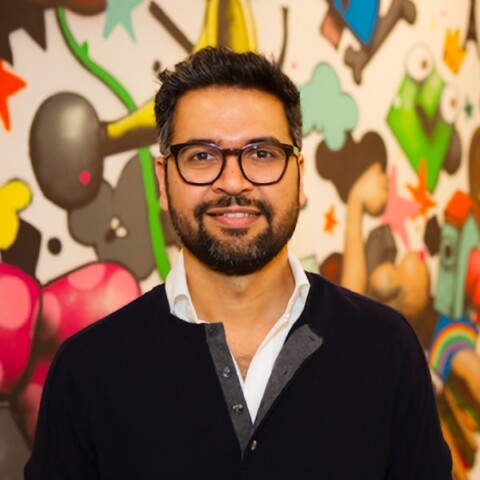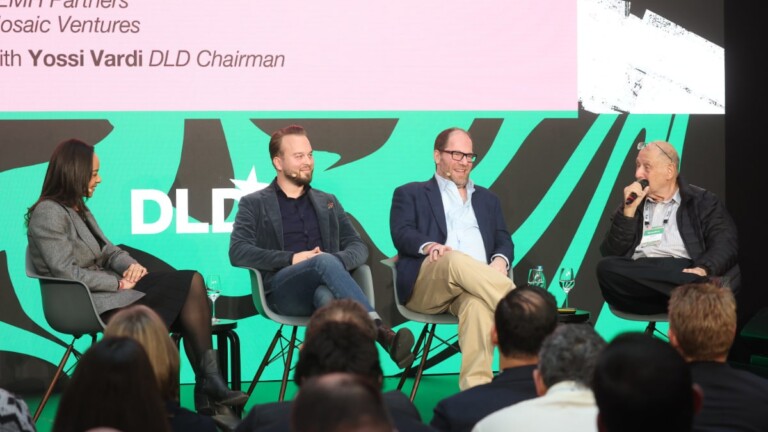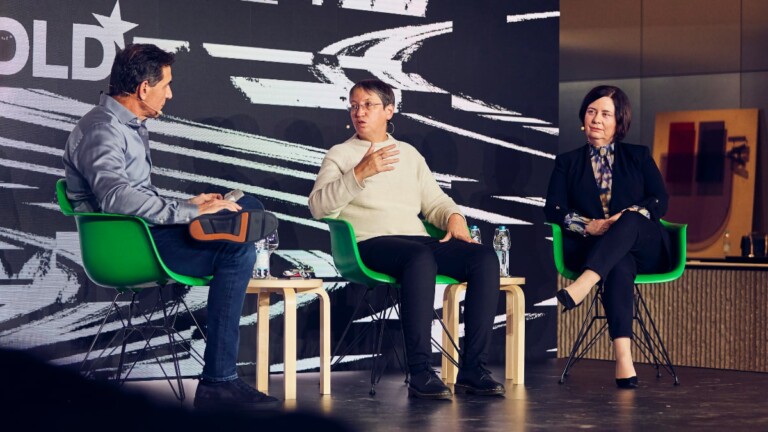Neeraj Arora was one of the first WhatsApp employees but felt the company was heading in the wrong direction after its sale to Facebook. In conversation with tech reporter Jannis Brühl (Süddeutsche Zeitung), Arora explains what makes his new social media service HalloApp special and why he doesn’t want to sell ads to its users.
“It’s a very personal topic to me”, Arora says, reflecting on his split with Facebook and why he feels social media has turned the wrong corner. “It’s not about the user anymore. The user is the product, and advertisers are your customers.”
WhatsApp, Arora emphasizes, had a healthy, subscription-based revenue model when Facebook purchased the popular messaging service in 2014 for $19 billion. “The idea, even with Facebook, was to keep continuing to find ways to monetize which were not dependent on ads.”
But different “ideologies and principles” made it difficult to come to an agreement with Facebook’s management, he says, which led to the departure of WhatsApp’s founders – and his own – in 2018. “The best thing for us was to just get out of the way”, Arora notes.
The debate about negative effects of the attention economy prompted him to think about an alternative to Facebook, WhatsApp & Co.
“Everybody was talking about what the issues are with social media”, Arora notes, “but very few people are saying, ‘Okay, we are going to go fix it.’”
His solution, HalloApp, is a social media app that promises to be both “authentic and intimate” because it allows only direct connections between its users.
“You limit yourself to the reach of your address book”, Arora explains. “There’s no concept of me posting something in public that goes viral and goes to millions of people. That doesn’t happen on HalloApp. We don’t allow people to keep reposting mindlessly.”
The reason is a loss of authenticity on other platforms, Arora says. “I actually think everything on social media is fake. It’s not your real life. People are portraying who they are not – because that’s how algorithms work.”
After its launch phase HalloApp plans to earn money through a freemium subscription model. “We don’t collect any data where you live, who your friends are, what you do, who you’re connected to”, Arora stresses. “We don’t know anything about you except your phone number.”
With its privacy-first approach HalloApp is part of a broader movement in tech, Arora says.
“There’s a bunch of other spaces which are getting disrupted in a similar way, where people don’t want to go through that whole experience of collecting data, mining it, selling it, running algorithms. I think we shouldn’t be in that business anymore.”




